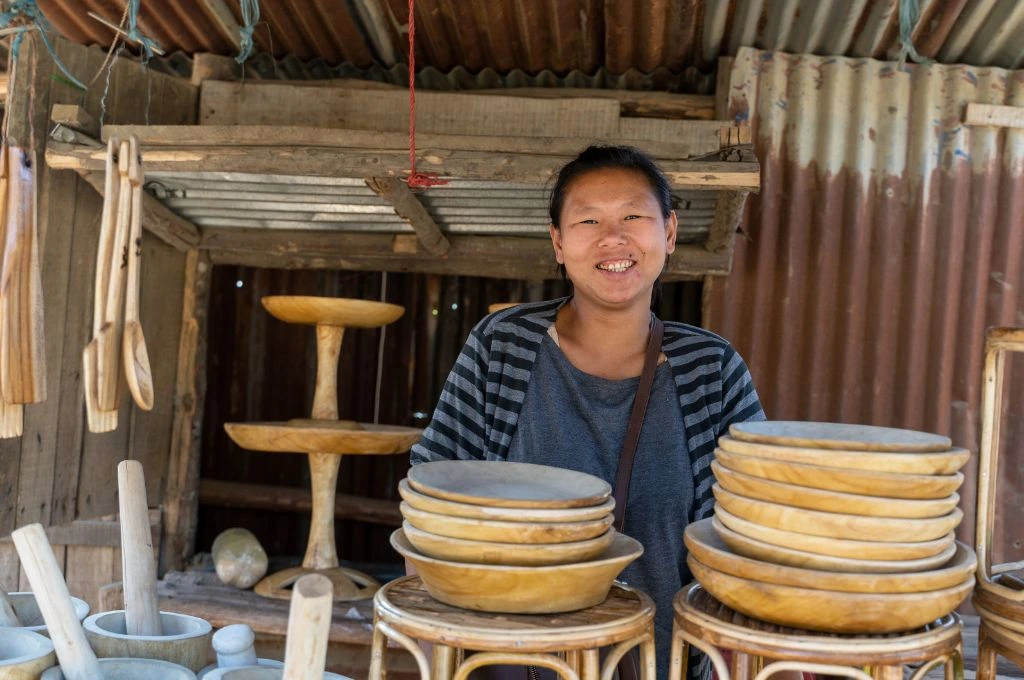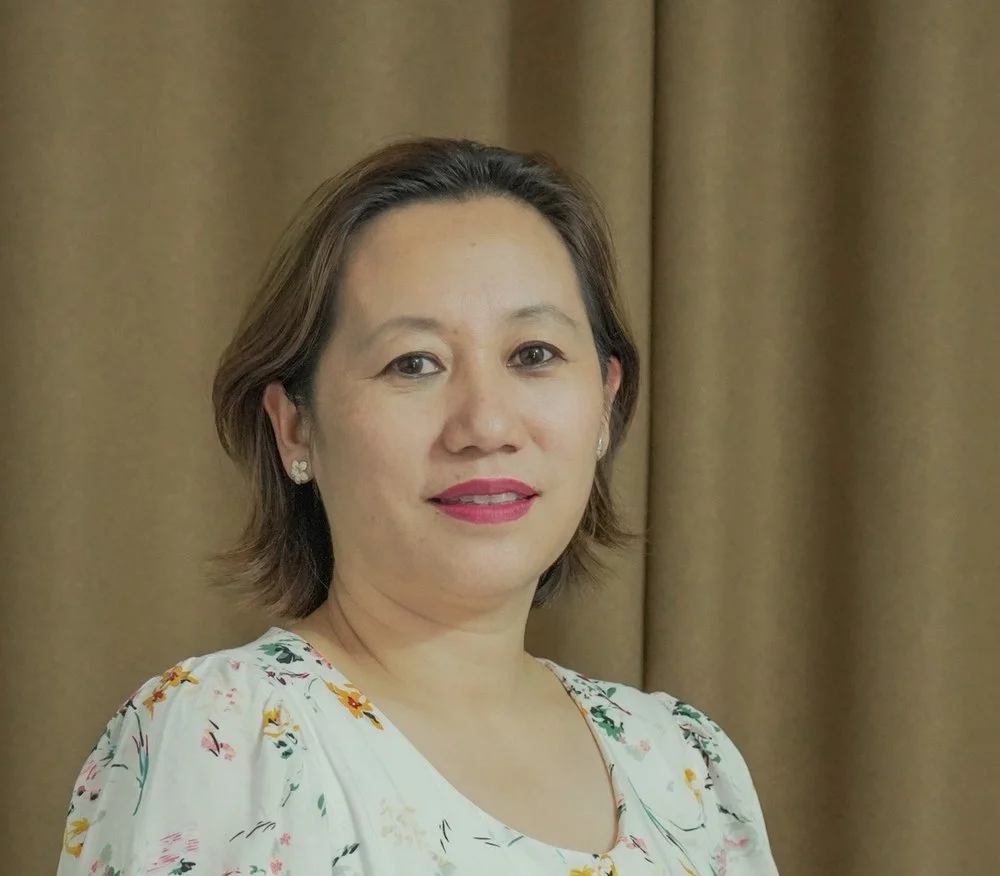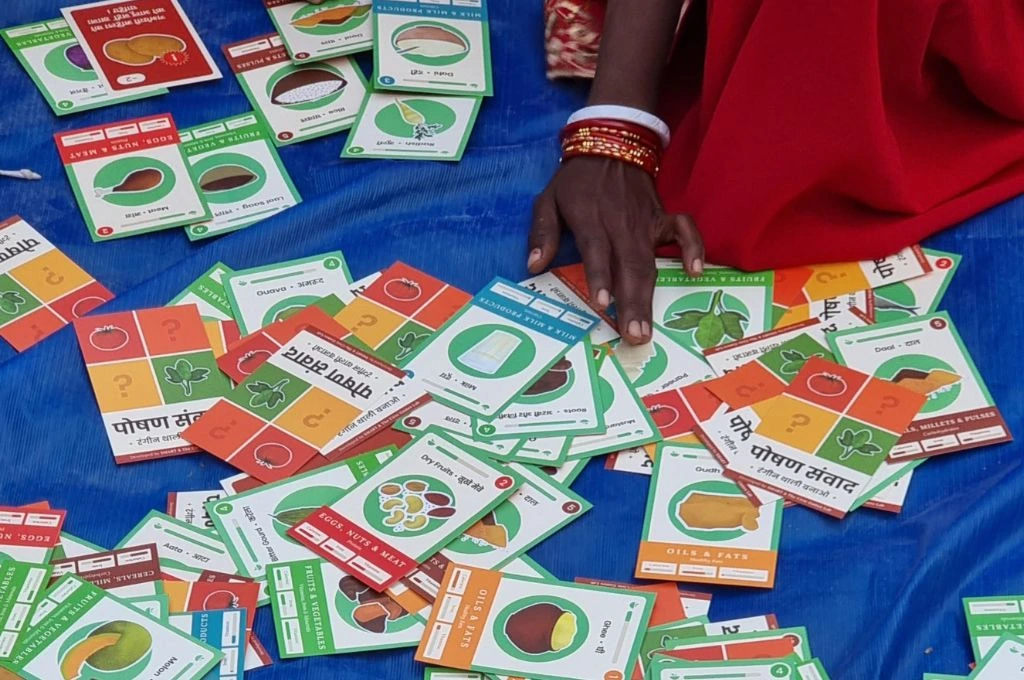The Entrepreneurs Associates (tEA) was founded in 2000 to address the lack of entrepreneurship and economic development in Nagaland. Initially, tEA’s focus was on advocacy and raising awareness about the importance of entrepreneurship and going beyond government jobs. This is because the public sector cannot accommodate everyone who applies, which leads to large-scale unemployment. According to a central government survey, the unemployment rate in the state increased by 65.12 percent between July 2023 and June 2024, indicating the need for finding sustainable livelihood options.
As a member of the organisation, I travelled and interacted with communities, schools, and colleges, spreading the message of entrepreneurship. This allowed me to work closely with our people and comprehend their ways of thinking and their needs. Through these interactions, I realised that any attempt to create livelihood alternatives in the state requires an understanding of the culture and mindset of our people.
Here are some learnings that I would like to share with nonprofits, funders, and policymakers to familiarise them with the nuances of the Naga society and how we perceive economic growth, particularly, entrepreneurship. These are lessons from our organisation’s successes, failures, and adaptations.
1. In Nagaland, everybody wants a government job
One of the first challenges we encountered was the lack of a business mindset and entrepreneurial culture in Nagaland. Many people in our state still view government jobs as the only secure and respectable option. This thought process is deeply entrenched, and we have struggled with changing it in favour of entrepreneurship. Parents often encourage their children to pursue government jobs, even if they are already meaningfully employed in the private sector. As a result, many young entrepreneurs drop out of their initiatives after a year or two, often due to lack of family support. In Nagaland, the age limit for government exams is 37, which means that until the end of their thirties, many young people stay at home in the hope that they will clear the exams for government jobs. Hence, the search for private sector jobs and entrepreneurship starts much later in Nagaland than in other states.
This attitude extends to agriculture, which is not considered a viable career option in the state. Many people perceive farming as a last resort for those who fail in other areas. Due to Nagaland’s mountainous terrain, there is very little use of machinery, which makes farming a physically challenging occupation as well. Therefore, the older generation often advises their children to pursue other careers and avoid farming. For instance, I recall my father taking my younger sister to the field once, and she complained about how tiring it was. That’s when he told her, “Remember this feeling and hate it so much that you’ll want to succeed at something else.” This is similar to what a lot of parents here tell their children, and is a common perception across many communities in Nagaland.
However, given the limited presence of private companies and industries in Nagaland, people still depend on agriculture for livelihoods. But this negative view of farming is a challenge for us as we try to promote entrepreneurship and employment opportunities in this sector.

2. Entrenched financial norms are a barrier to savings
Another hurdle that entrepreneurs faced was the limited access to finance. Until the mid 2010s, banks were hesitant to provide loans to entrepreneurs in Nagaland unless they were government employees. Formal credit was difficult to obtain because, due to the community land ownership system practised in state, many individuals didn’t own land to use as collateral like people do in other parts of the country.
Naga communities are known for their strong social bonds and cohesive nature, which has many benefits, but also inadvertently discourages individuals from prioritising savings.
In addition, Nagas do not prioritise savings, which hinders the growth and sustainability of local businesses. Our organisation’s work with entrepreneurs revealed that many of them would start their businesses, only to close them down within a year or two due to lack of reinvestment in their businesses and the absence of savings. Naga communities are known for their strong social bonds and cohesive nature, which has many benefits, but also inadvertently discourages individuals from prioritising savings. With extended families and community support systems in place, individuals may feel less compelled to save for the future, as they can rely on others when needed.
Recognising the importance of savings in promoting a culture of entrepreneurship, tEA launched a savings scheme to develop a habit of saving, but soon we realised that people needed a more structured approach. So we decided to establish a membership-based cooperative in 2010. Through this, we introduced community mobilisers who would collect daily savings from members in the field. They no longer had to visit our office.
After establishing the cooperative, we learned that cooperatives are only allowed to provide specific and limited loans and finances. To address this limitation, we acquired a non-banking financial company (NBFC) that could provide better finances to entrepreneurs. The NBFC allows members to avail of loans without lengthy documentation and complex regulatory compliances.
We’re now seeing new institutions and many informal groups that offer similar financial services in other districts. And banks are also more forthcoming in disbursing loans.
3. Development initiatives do not work unless they are linked to income
Recognising the need to work on climate mitigation and adaptation, we started a tree plantation project in 2014 with the goal of encouraging communities to reduce firewood usage. Nagas are heavily reliant on firewood, with almost every household using it, even in towns. This leads to deforestation. However, the project did not fare well because people were not interested in taking up tree plantation and lacked a sense of ownership over their land and resources.
We reflected on this and started thinking about how to persuade the communities to go back to conservation, which was a part of community life in the past. Over the course of several programmes, we realised that linking tree plantation initiatives to income generation was crucial. Farmers were more invested in nurturing trees that provided economic benefits. For instance, a 2004 project that aimed at providing finances to farmers in Phek district so they could establish micro-orchards was successful, with farmers investing in their own land and achieving financial gains through the plantation of trees. Similarly, a 2008 project that focused on preserving and conserving forest land for rearing the mithun, a significant animal in Naga culture, had a favourable outcome.
Even in our other programmes, such as the ones designed for awareness and training of women street vendors, we have used various methods to encourage people to attend our events. During the initial stage of the programme, we paid the women INR 500 per day, in addition to offering lunch and tea. Over time, as participation increased, we reduced the incentive amount, and eventually, as their interest sustained, we no longer had to pay them to be present.
4. Funders need to adopt a flexible approach for Nagaland
Our organisation was initially entirely self-funded, relying on resources raised from the communities it served. We crowdfunded from the community members we worked with and kept them informed about how their money was being spent on development. Even though tEA has externally funded projects now, we still engage in various fundraising initiatives to support our activities. We believe that having our own funding is essential for pursuing initiatives that align with the organisation’s goals. This approach allows tEA to maintain its independence and flexibility, rather than being bound by the requirements of external funders.
Nagaland is a thinly populated state, which affects scale.
We have also explored the idea of fundraisers. In 2023, we started an annual event called Run to Reforest, which aims to raise awareness about climate change and generate funds for reforestation efforts through a marathon. Participants are charged a registration fee, which contributes to tEA’s corpus.
A long-term commitment to supporting initiatives in Nagaland is crucial, but funders need to look at the state differently. For example, Nagaland’s unique characteristics of land ownership and governance, recognised by Article 371A of the Indian Constitution, must be understood before working in the state.
Nagaland is a thinly populated state, which affects scale. For instance, over the last seven years, we have worked with more than 10,000 street vendors. While this number may seem small compared to an organisation working in mainland India, in Nagaland this figure represents a significant percentage of the vending community. Moreover, the terrain is challenging, making it difficult to reach the communities. For example, the population in Nagaland’s hilly districts is fairly scattered, which makes it hard for community members to cover beyond two to three villages. The cost of fuel, logistics, and human resources is higher than in other parts of the country. Funders often focus on numbers, expecting nonprofits to cover more and more people. However, in Nagaland, reaching even a small community can be expensive. We need to look at the percentage of the population impacted in an area rather than just the number of people.
Funders must understand the regional differences and modify their approaches accordingly. They should be flexible and willing to adjust their metrics and expectations. As Nagaland navigates the path to development, the need is for a multifaceted approach, one that challenges entrenched mindsets, leverages the strengths of individuals and communities, and sustainably makes use of resources. The promotion of entrepreneurship could play a central role in this transformation.
As told to Keletsino Mejura, Northeast Media Fellow 2024–25.
—





